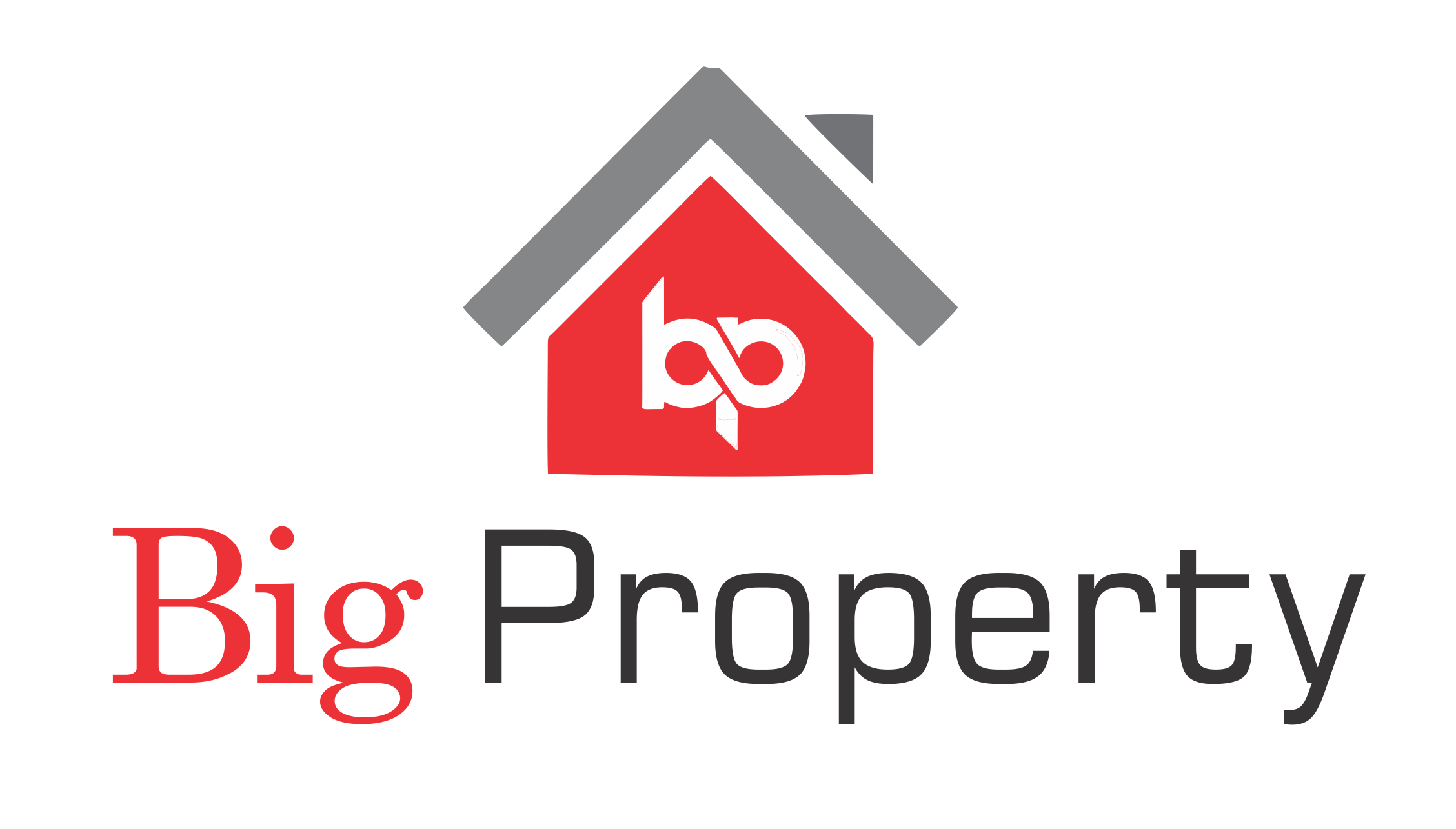Imagine owning a piece of land or a building – not just having the right to live there, but truly possessing it. That’s the essence of freehold property ownership, a concept that has stood the test of time and continues to be a desirable option for many property seekers. This article dives deep into the world of freehold property, exploring its definition, significance, benefits, and the latest updates that might impact your decision.
What is Freehold Property?
Freehold property ownership grants you absolute ownership of the land and any buildings on it. Unlike leasehold properties where you essentially rent the land for a fixed period, freehold ownership offers a sense of permanence and control. You have the freedom to:
- Live in the property: This is a given, but it’s your permanent home, not a temporary address.
- Rent it out: Generate passive income by renting the property to tenants.
- Modify the property: Make renovations, expansions, or alterations within legal guidelines.
- Pass it on to heirs: Freehold property can be included in your will and passed down to future generations.
Why is Freehold Property Important?
Freehold ownership offers several advantages compared to leasehold properties:
- Security and Stability: Knowing you own the land outright provides peace of mind and a sense of security. There’s no risk of lease expiration or potential rent increases dictated by a landlord.
- Investment Potential: Freehold properties are generally considered more valuable investments. They often appreciate in value over time, and you have complete control over decisions that might affect its worth.
- Greater Control: You have the freedom to modify the property to suit your needs and preferences, something that might be restricted in leasehold situations.
- Estate Planning: Freehold property can be seamlessly integrated into your estate plan, ensuring your legacy is passed on to loved ones.
Benefits of Owning Freehold Property
Beyond the core reasons for its importance, freehold ownership offers a multitude of benefits:
- Financing Advantages: Financial institutions often look more favorably on freehold properties when considering mortgages or loans.
- Sense of Pride: Owning your own land fosters a sense of accomplishment and pride, giving you a true stake in your community.
- Increased Freedom: You have the flexibility to make long-term decisions about your property without worrying about lease restrictions.
- Potential for Development: In some cases, freehold ownership allows you to explore further development opportunities on the land (subject to approvals).
Latest Updates and Considerations:
The landscape of freehold property ownership is constantly evolving. Here are some recent trends to keep in mind:
- Digitalization: Efforts are underway to streamline property registration processes using online platforms, potentially making freehold ownership more accessible.
- Sustainability Focus: There’s a growing emphasis on eco-friendly construction and energy-efficient features in freehold properties, which can add long-term value.
- Government Regulations: Stay updated on any changes in government policies or regulations that might affect freehold property ownership in your specific location.
Leasehold Property:
Leasehold property ownership is more akin to a long-term rental agreement. You purchase the right to occupy the property for a predetermined period, typically ranging from decades to centuries. Here’s what you can typically do with a leasehold property:
- Live in it: It’s your home for the duration of the lease.
- Rent it out: Subletting might be allowed under specific terms outlined in the lease agreement.
- Limited Modifications: Major renovations or alterations might require permission from the freeholder (landowner).
Difference between Freehold and Leasehold Property:
| Feature | Freehold Property | Leasehold Property |
|---|---|---|
| Ownership Type | Owning the land and building | Renting the land for a set term |
| Control | Greater control over modifications | Limited control, often requiring permission |
| Security | High level of security and stability | Lease expiry poses a risk |
| Investment Value | Generally considered a better long-term investment | Value can be affected by lease terms |
| Financing | Usually easier to secure financing | Financing options might be limited |
Choosing Between Freehold and Leasehold:
The ideal choice depends on your individual needs and priorities. Here are some factors to consider:
- Budget: Freehold properties typically have a higher upfront cost, while leasehold properties might come with lower initial investment but ongoing lease payments.
- Long-Term Plans: If you envision staying in the property for a long time, freehold ownership offers greater security and potential for appreciation.
- Level of Control: If you desire the freedom to modify the property significantly, freehold is the way to go.
- Location: Leasehold properties are more common in certain areas, particularly for apartments or flats.
How to convert Leasehold to freehold property:
Converting leasehold property to freehold can be a complex process, but it’s definitely achievable in some situations. Here’s a breakdown of the general steps involved:
1. Eligibility and Initial Research:
- Check Your Lease Agreement: Start by thoroughly reviewing your lease agreement. Often, there will be a clause specifying whether the option to convert to freehold exists and outlining any conditions.
- Contact the Landlord: Reach out to your landlord or the freeholder (landowner) to express your interest in conversion. They might have information on their conversion policy and any associated costs.
- Research Local Regulations: Some governments or local authorities might offer programs or incentives for leasehold to freehold conversions. Investigate any such programs in your area.
2. Negotiation and Agreement:
- Valuation: An independent valuation of the property is usually required to determine a fair price for acquiring the freehold ownership.
- Negotiate the Price: The freeholder will likely set a price for the freehold interest. Be prepared to negotiate based on the valuation and other factors like the remaining lease term.
- Legal Representation: It’s highly recommended to involve a solicitor specializing in property law to represent you throughout the negotiation and conversion process.
3. The Conversion Process:
- Formal Agreement: Once terms are agreed upon, a formal legal agreement outlining the conversion details will be drafted by your solicitor.
- Payment and Completion: Upon signing the agreement, you’ll need to make the agreed-upon payment for the freehold acquisition. Completion involves officially registering the transfer of ownership with the relevant government land registry office.
Freehold Property Owner Rights:
1. Ownership and Possession:
- Absolute Ownership: You possess the land and any buildings on it in perpetuity. This is the core right that distinguishes freehold from leasehold ownership.
- Exclusive Possession: You have the exclusive right to occupy and use the property, excluding others without your permission.
2. Rights Regarding Usage and Modifications:
- Full Use and Enjoyment: You can freely use the property for residential purposes, renting it out, or even exploring commercial possibilities (subject to zoning regulations).
- Modification and Alterations: Within the legal framework and any restrictions outlined in local building codes, you have the freedom to renovate, expand, or alter the property to suit your needs.
3. Transfer of Ownership:
- Selling the Property: You have the unrestricted right to sell your freehold property to any willing buyer at a mutually agreed-upon price.
- Gifting the Property: You can transfer ownership of the property as a gift to another person, following legal procedures.
- Passing on Through Inheritance: Freehold property can be included in your will and seamlessly passed down to future generations as part of your legacy.
4. Rights and Responsibilities:
- Renting the Property: You can rent out the entire property or individual units within it, generating passive income. However, you’ll be responsible for managing the tenancy and ensuring the property is maintained for your tenants.
- Paying Property Taxes: As the owner, you’re responsible for paying any property taxes levied by the local government.
- Maintaining the Property: Maintaining the property in good condition is your responsibility. This includes repairs, replacements, and ensuring it adheres to safety regulations.
5. Legal Rights and Protections:
- Right to Defend Ownership: You have the legal right to defend your ownership against any trespassers or unlawful claims on the property.
- Right to Privacy: You enjoy the right to privacy within the property and control who enters or uses it.
- Right to Compensation: In specific situations, you might be entitled to compensation if the government acquires part of your land for public development projects.
Documents required for converting Leasehold to Freehold property:
From You (the Leaseholder):
- Lease Agreement (Original): This is the critical document outlining the existing terms of your leasehold ownership.
- Proof of Identity: Government-issued ID cards like passports or driver’s licenses for verification.
- Proof of Address: Utility bills or bank statements proving your current residential address.
- Evidence of Lease Compliance: Documents demonstrating you’ve fulfilled all your obligations as per the lease agreement (e.g., timely rent payments).
From the Landlord/Freeholder:
- Proof of Ownership: Documents establishing their legal ownership of the land where your property resides.
- No Objection Certificate (NOC): In some cases, the landlord might need to provide a written statement expressing their consent to the conversion process.
- Ground Rent Receipts (Optional): If you’ve been paying ground rent as part of your lease agreement, recent receipts might be required.
Additional Documents (May be Required):
- Property Valuation Report: An independent valuation of the property might be necessary to determine a fair price for acquiring the freehold interest.
- Local Authority Approval: Depending on your location, you might need approval from the local government or planning authority for the conversion.
- Completed Application Form: Some freeholders or government agencies may have specific application forms for leasehold to freehold conversion.
- Legal Documents: Depending on the complexity of the conversion process, your solicitor might require additional legal documents to ensure a smooth transaction.
Frequently Asked Questions:
Maybe! It depends on your lease agreement and the freeholder’s willingness to sell. Check your lease for a conversion clause and talk to your landlord.
Documents typically include your lease agreement, proof of ID and address, lease compliance evidence, and potentially a valuation report. A lawyer can advise on specifics in your area.
Documents typically include your lease agreement, proof of ID and address, lease compliance evidence, and potentially a valuation report. A lawyer can advise on specifics in your area.
A solicitor specializing in property law can guide you, advise on the process, and help gather necessary documentation.
Freehold offers greater control, security (no lease expiry risk), and potential for appreciation compared to leasehold.
The timeframe can vary depending on negotiations, legalities, and approvals. It could take several months.
Suggested Articles:
Conveyance Deed and its uses & importance: Complete Guide
What is the Land Titling Act: How it Helps Farmers























